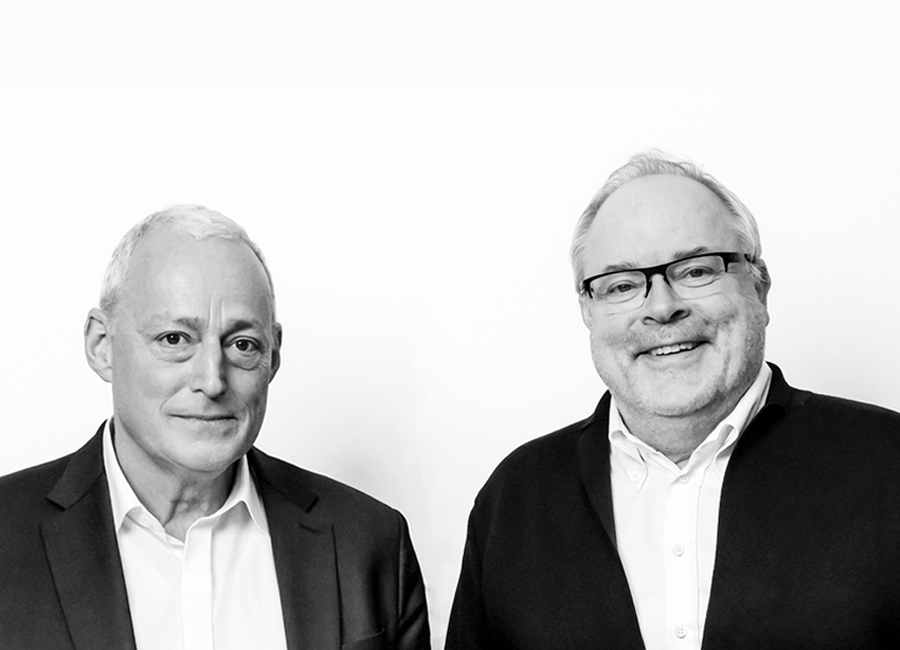
Our seven most-read blog articles since the beginning of the year: what do they have in common? Definitely advice and expertise: possible scenarios and smart strategies. Retrospectives on yesterday's mistakes and outlooks on tomorrow's business models. It's great to have you with us all this time! We thank you very much for your loyalty as a reader and wish you a relaxing summer break and inspired reading!

If somehow there is always a crisis, how do you deal with it? What skills do managers need to avert the crisis and how do they succeed in aligning an organisation as a perpetual motion machine? We talked about this with Prof. Dr. Henning Werner, Professor for Transformation, Restructuring and Turnaround at the SRH University of Applied Sciences Heidelberg.

"What kind of working environment do you want in order to stay motivated and work in an optimal way?" This question was the starting point for the renovation of enomyc's Stuttgart office. The newly designed rooms at our familiar location at Kleiner Schloßplatz 13 are now officially open. An inviting ambience, flexible and usable workplaces and state-of-the-art technology reflect the company’s good understanding of New Work.

Port of Hamburg, spy balloon, merger with Russia, conflict with Taiwan: China is fueling the scepticism of its economic partners all by itself, say some. The China bashing is exaggerated, say others. But one thing is certain: China's strategy is not leaving Germany unscathed. Can things continue as they are? Is decoupling the answer? And what would the "golden mean" look like? Three scenarios with Martin Hammer.

Christmas and the turn of the year are a time for reflection. The last few years have been demanding for all of us in many respects, both in business and in our private lives. We would like to thank you, dear readers, dear business partners and especially our experts, our colleagues and our editors for your continued support and the always high level of interest in our interviews, professional articles and podcasts.

2022 was a difficult year for many companies. While the Corona pandemic in the form of fragile supply chains has not quite been overcome even after almost three years, galloping energy costs, rising interest rates and a threatening shortage of staff are creating new, additional risk factors. An interview with Martin Hammer and Uwe Köstens about the current situation, the outlook for 2023 and why restructuring experts are often "buzzkills".

It's not technically that far yet, but it shouldn't be long before Germany is "officially" in a recession. According to many economists, the country is facing a major wave of bankruptcies. Young, innovative companies in particular are acutely threatened by a lack of reserves, high energy prices and the slump in demand. But does this forecast stand up to closer scrutiny?

Mergers and acquisitions are always a difficult task. When they take place on an international level between several countries, all with a different business approach, the shovel becomes much wider. What skills are needed to handle the task professionally? And looking at current Franco-German relations: Does M&A have what it takes to positively influence the economies and politics of both countries? A conversation with Ian Kayanakis, Managing Partner France, and Head of Corporate M&A at enomyc.
Strategy & Corporate Performance

We are in the midst of the energy crisis, watching prices skyrocket and the recession is already upon us. The rule for companies is that they must pass on the increased factor costs to the market, but at the same time radically reduce their costs. What should be the primary focus now? What options are available to companies, and which areas of the company are crucial for overcoming the crisis?

The energy crisis, skyrocketing raw material prices, disrupted supply chains and a chronic shortage of skilled workers are presenting the German automotive and supplier industry with unprecedented challenges. Small and medium-sized suppliers specializing in combustion engine drive components, chassis and C-parts in particular must fear for their future.

Cheap gas, cheap living, cheap money: A large proportion of Germans are only used to growth and prosperity. Boomers helped build the prosperous state, millennials were born into it. And now? The fat years seem to be over. The familiar formula - higher, faster, further - no longer works. What are the new parameters for growth and prosperity? And how should we respond to them? A conversation with Martin Hammer.











